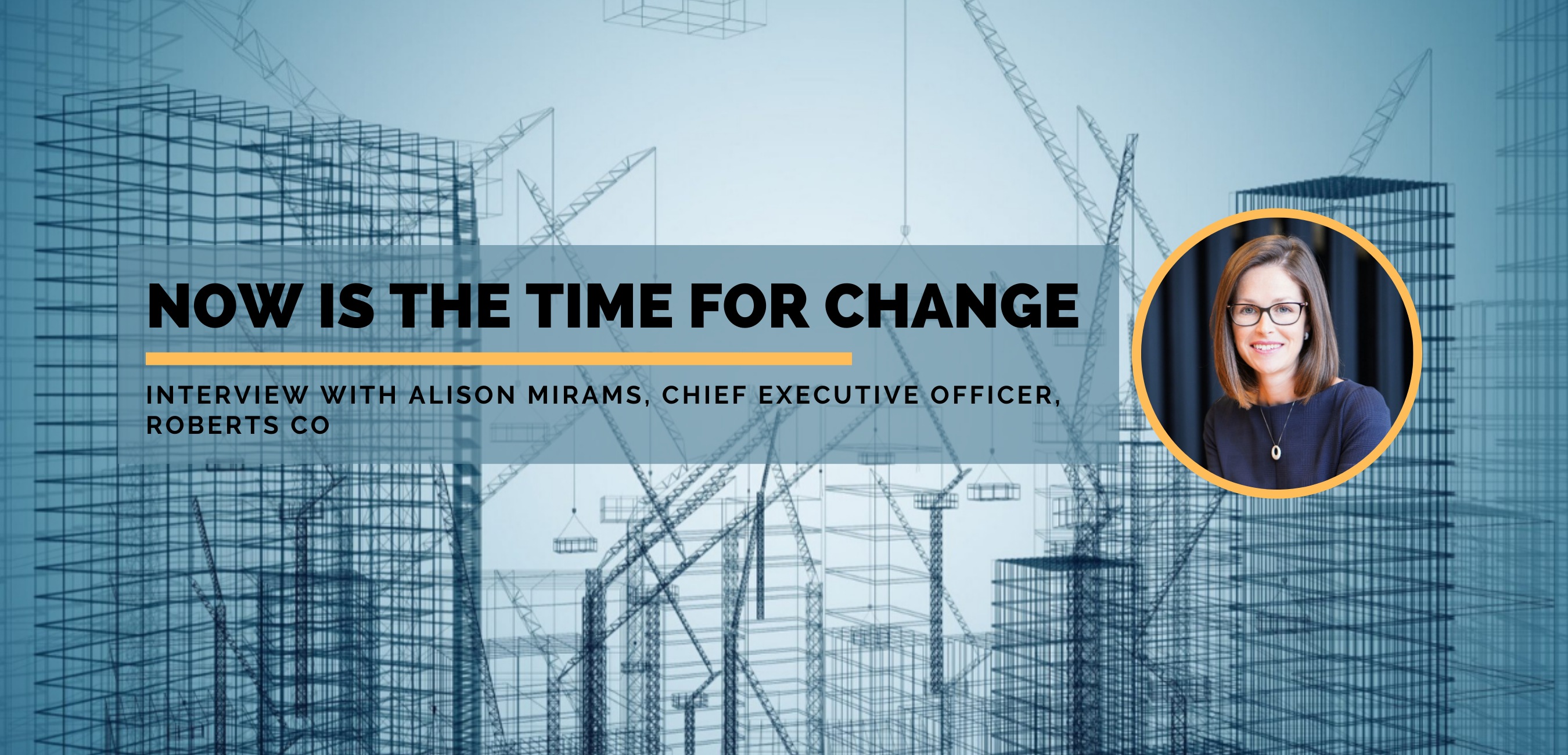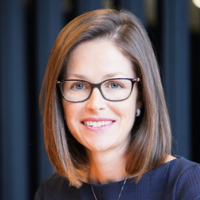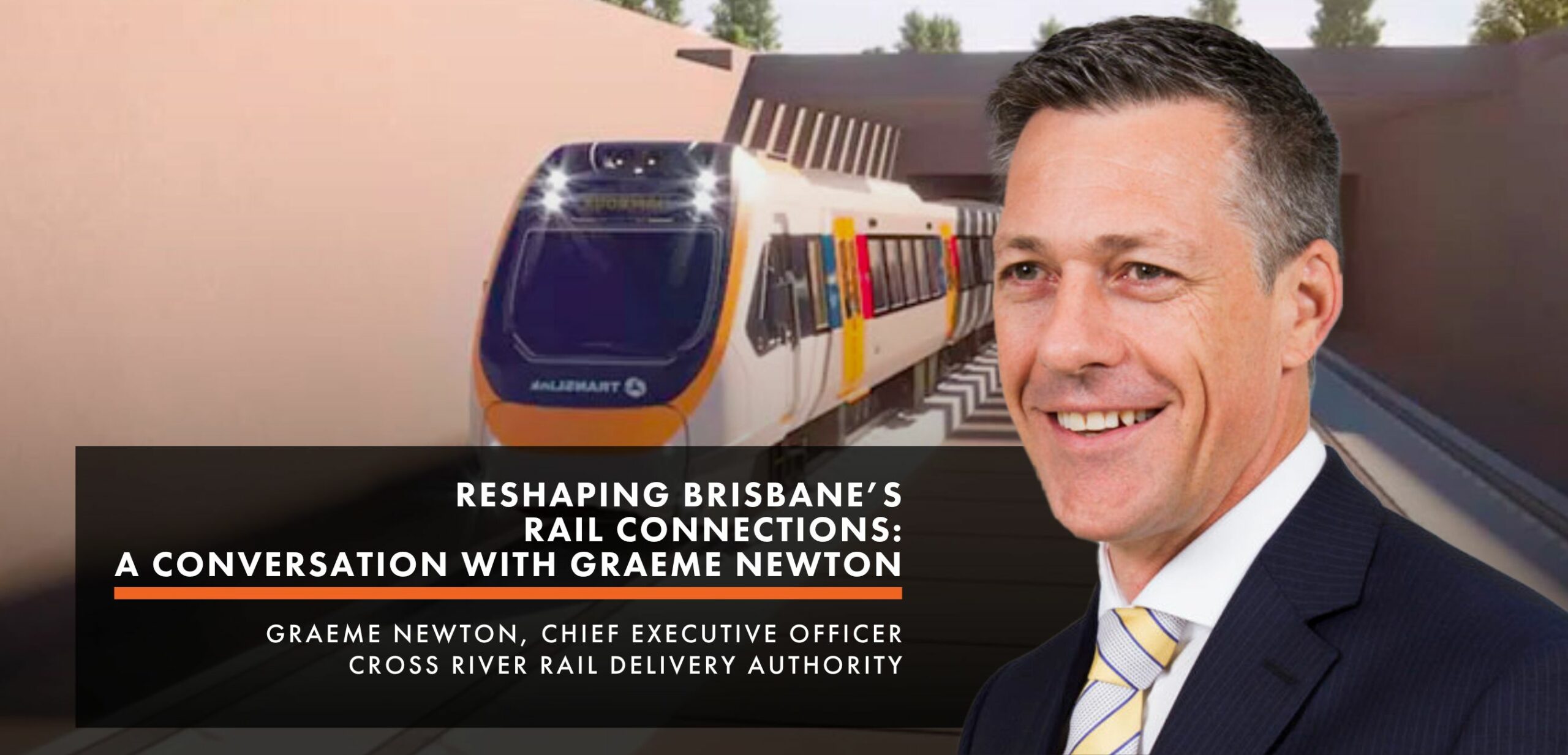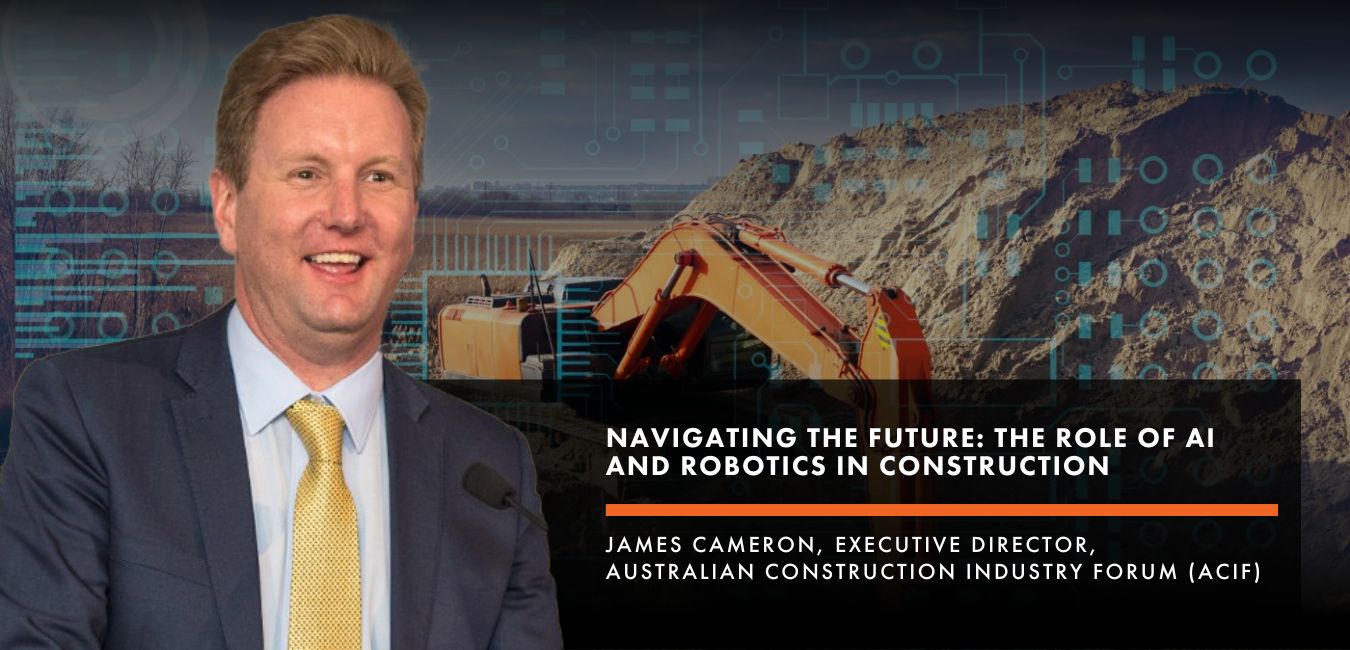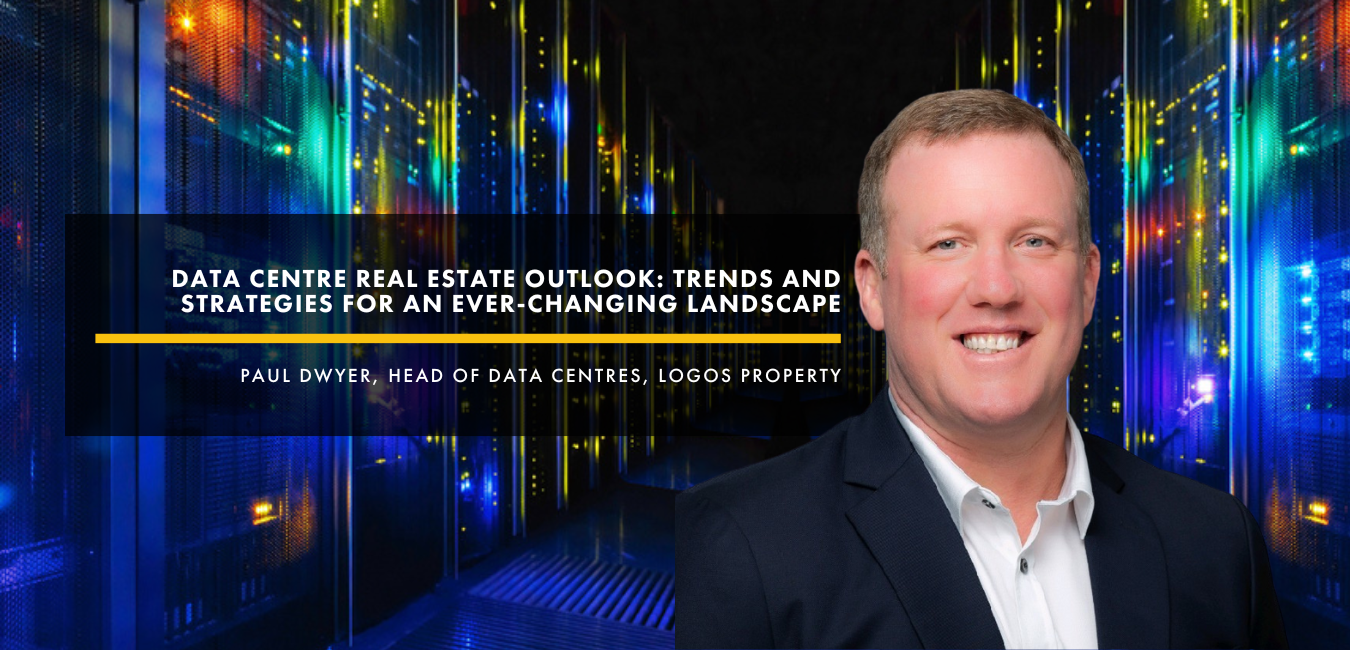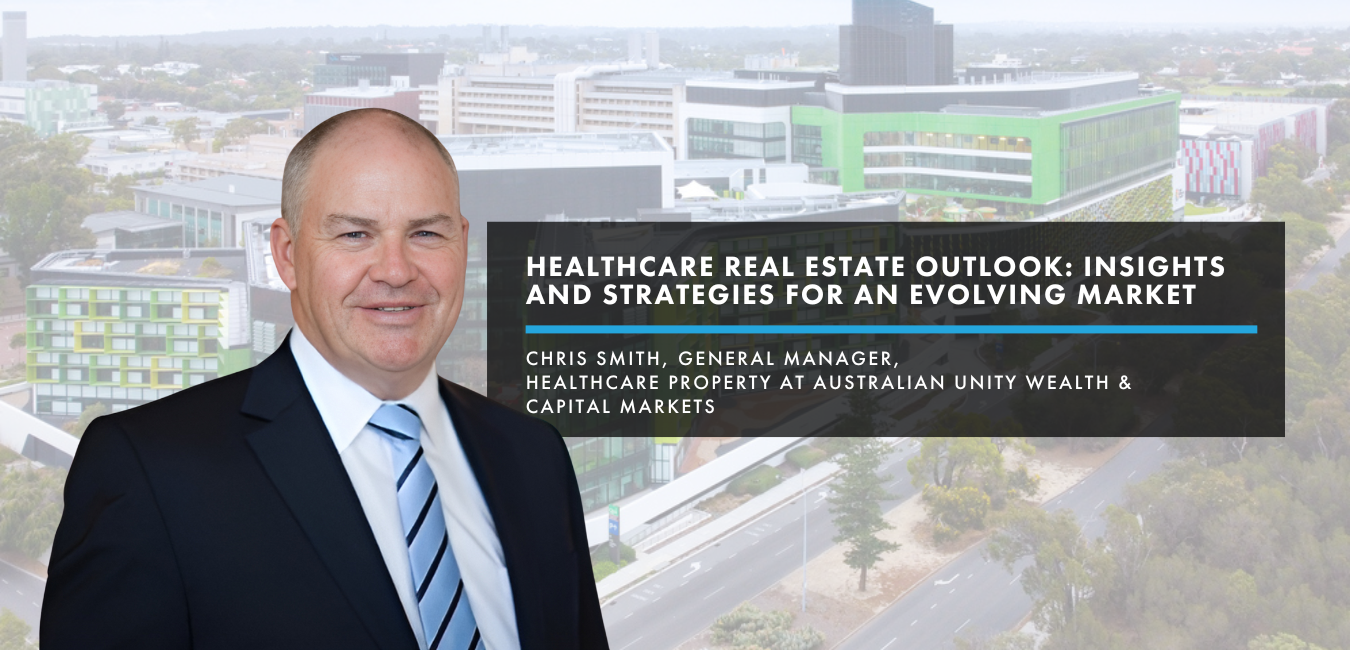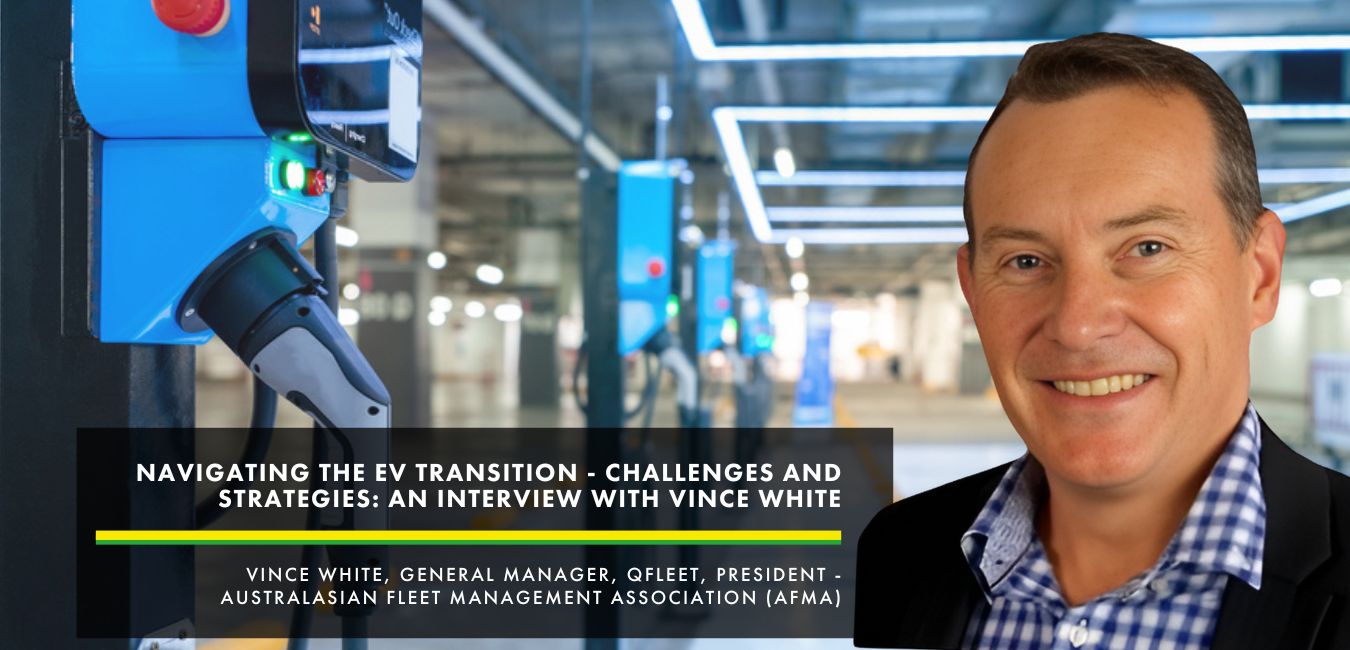Alison Mirams is the CEO at Roberts Co, a boutique tier-one construction company with a purpose to build a better way and a vision to be the catalyst for positive change in the Australian construction industry. A prominent female executive in an industry renowned for a lack of diversity, Alison is constantly leading by example and will be speaking at our Future of Construction Summit in May. We shared a Zoom with Alison and talked about the evolution of five-day workweek, the impact of technology on construction, and how now is the time for us to make some changes.
FuturePlace: Can you tell us about your role at Roberts Co?
Alison Mirams: My role is CEO at Roberts Co and I’ve had this role for over four years. In January 2017, I was given a blank sheet of paper and a whole lot of money with a mandate from the board to grow the best construction company that we could. We started from scratch and today we have $640 million of work under construction with 143 people. We picked the best people out of the industry and set a mandate to build a better way, to be a catalyst for positive change in the construction industry. One of the reasons a lot of companies struggle to make the changes is that there’s not a silver bullet that fixes the industry; it’s the sum of a lot of low-hanging fruit and, starting from scratch, we could attack it all at the same time.
FP: How did you get into the construction industry?
AM: It all started with my grandfather and how he raised my father to look at buildings and see the crane, see the materials, see the architecture. My dad raised my sister and me the same way and we went to all-girls schools and were taught that girls could do anything. My sister became a civil engineer and I went into buildings yet, when I won a prize for textiles and design at school, my friends thought I was in fashion. If you think about sewing and buildings, they’re similar in that you follow a process to make something but you’re using different materials.
FP: That’s a great perspective about process. With sewing you could create something that is then a statement piece and is enjoyed every time it’s worn. Is there a parallel effect with buildings?
AM: Absolutely. I love the ripple effect in building as these structures become important because of what happens within them. Recently, I worked on the Chris O’Brien Lifehouse Center for treating cancer. He was a renowned brain surgeon in Sydney and sadly later passed from brain cancer. We built this center and if they find the cure for cancer, in a very small way I have contributed to it because we built a facility that enabled them to attract the best scientists in the world. That’s a wonderful thing about construction—it’s the legacy you leave. It’s how it will impact and change the planet and the communities, the people.
FP: Speaking of women being able to do anything they want, we read your piece on LinkedIn about International Women’s Day. How can construction promote equality and inclusion?
AM: Before I had my son, I was of the belief that you had to fix the industry for women. My husband would leave in the morning and get back at 6pm and I would be desperate for him to come home. We had the perfect child but it’s such a long day at home. It led me to realize that the partners of construction workers are single parents Monday through Saturday. The workers aren’t eating dinner with their family and their kids are in bed when they get home. We don’t need to fix the industry for women, we need to fix the industry for men because it’s a bloody tough industry. When we do that, women will naturally benefit. It’s not a gender discussion, it’s an industry discussion and a people discussion.
FP: How does Roberts Co participate in that discussion?
AM: When people start here, they get an iPhone, an iPad, and a laptop so they can do their job from anywhere. Having the technology and being able to work via that technology, lets people do work on the go. It’s about having a culture of living loudly—there’s massive presenteeism in construction, people will just sit there for no good reason and that’s not good. A few years ago for Halloween, I emailed everyone to go home at 3pm to take their kids trick or treating. I’m not American but I love the tradition and, the next day, many fathers wrote to me thanking me for sending that email because otherwise, they would have missed it.
FP: What are some other cultural changes and differences that you prioritise?
AM: Don’t have processes just for process sake; if you don’t need it, don’t have it. If you ask a person in construction how are you, nine times out of ten, they’ll say, “I’m so busy.” Stop wearing busy as a badge of honour; I didn’t ask how work was, I asked how you are. We have to lose that and focus more on care. Another thing we’ve done is we’ve got a “no dickheads” policy and everything in the organization is founded on decency. People talk about EQ and IQ, but if you don’t have DQ (your decency quotient), you can still be an ass. Anyone who hasn’t acted right at Roberts Co has been removed—it’s better for them and it’s better for us. We have a safe culture of zero tolerance.
FP: How do you create a workplace, as far as hiring and goes, to make sure that you’re keeping things equal and even?
AM: Recruitment is led as core business, it’s not a business initiative that’s going to be done for 12 months and then moved on from. Our head of operations, Stephen Surjan, interviews everyone for culture and technical competency but with an emphasis on culture as we can teach technical. If you don’t believe in the culture, you won’t fit no matter how much we try. When we recruit, we’re looking for women constantly. For engineers, we go one for one—there’s a big talent pool for female engineers but women are their own worst enemies. If a guy has four out of ten attributes, he’ll say he’s fully proficient. If a woman has nine out of ten, she’ll say she’s missing ten per cent. There are roles where there is a large female cohort like design managers, contract administrators, engineers, architecture. But site supervision? They’re as rare as hen’s teeth. We have scholarships for women studying building at the University of New South Wales and we may evolve that to TAFE for women doing carpentry or something similar so I can get them into foreman roles.
FP: You’re doing a presentation about the five-day workweek at FuturePlace’s Future of Construction Summit in May. What can you tell me about that?
AM: The construction industry operates Monday through Saturday, from 7am to 5 or 6pm or til 3pm on a Saturday. Data says a construction worker is six times more likely to die from suicide than a workplace accident and it’s ten times more likely for a young worker. I can’t change those statistics but our behaviour can influence it. At Concord Hospital in Sydney, we couldn’t let people die from workplace stress as we were building a hospital to make people better. So, we built a program that was six days a week and then a five day alternative. Without Saturdays, the program was extended four months, but with two hours of overtime every day Monday through Friday, it grew by ten weeks and with no cost increase from subcontractors.
FP: What were the results of this change?
AM: We engaged the University of New South Wales to study the outcome on 140 construction workers and eight partners because we wanted to see the impact on home life. The feedback included being happier, healthier, less depressed, more involved with their kids, and playing sport—something many hadn’t done since joining construction and it’s the Australian way of life! Partners said they were less depressed, happier, and one even said it saved their marriage. Feedback from the companies was that it was their best, most efficient and most safe site. Having every Saturday off is another six weeks of rest annually. Why are we pushing projects so hard to make a profit at the expense of people’s health and well-being?
FP: What is keeping women out of construction?
AM: Women have left working because they can’t do full-time jobs and do the care and other responsibilities. The construction industry is Australia’s 3rd largest employer but we are bad at bringing women in and we’re stopping women from working. Why? We won’t be using the full 10 weeks of time at the Concord project and enough is enough.
FP: What should be next in construction?
AM: Construction is an industry that if you give an inch, it’s gone and we never recalibrate. Now is the time to recalibrate and slow down. We’ve gone through a pandemic where everyone was worried about health so don’t lose that focus on health, keep it and slow down a bit. When you slow down, you speed up. If I said to you, for $12,000 pay rise, you can work every Saturday from 7-3pm. Who’s doing it? I haven’t found anyone to say yes yet. The workers are doing that question in reverse—they earn less but they have their life back and they’re loving it.
COVID put construction into an experiment on flexible and remote working and with resounding success. You can work part time on a construction site and people want flex work, they want to see their families, and they want home life and career. Everyone shouts safety but whispers health and we need to get that balance right.
FP: What are some other ways construction is evolving in Australia?
AM: There’s a big focus on prefabrication, what can we make offsite and bring onsite. Technology has a massive part to play and there’s a lot of PropTech and Contech coming in. We’re still an industry where there is still paper everywhere. Technology plays a big part in construction as we run 20 pieces of software for a project; we don’t have a single platform for everything.
Now is the time for change. If you look at history, all the major societal changes came as a result of the world wars. This time we haven’t had a world war but we’ve had a health pandemic so what are we going to change? If we look back at the end of this year and we’ve changed nothing, then we’ve missed the greatest opportunity of our lifetime. I get enormous pushback from our competitors about the five-day week but if it’s working, it doesn’t matter who brought it to the market. Lets raise it up and change an industry. We’re stronger together.
Future of Construction Summit
Alison will be speaking at our upcoming Future of Construction Summit, taking place from 12-13 May 2021. Get insights on how the entire ecosystem of construction will change, how much value is at risk for incumbents, and how companies can collaborate and leverage innovative approaches to create a more profitable and sustainable industry.

